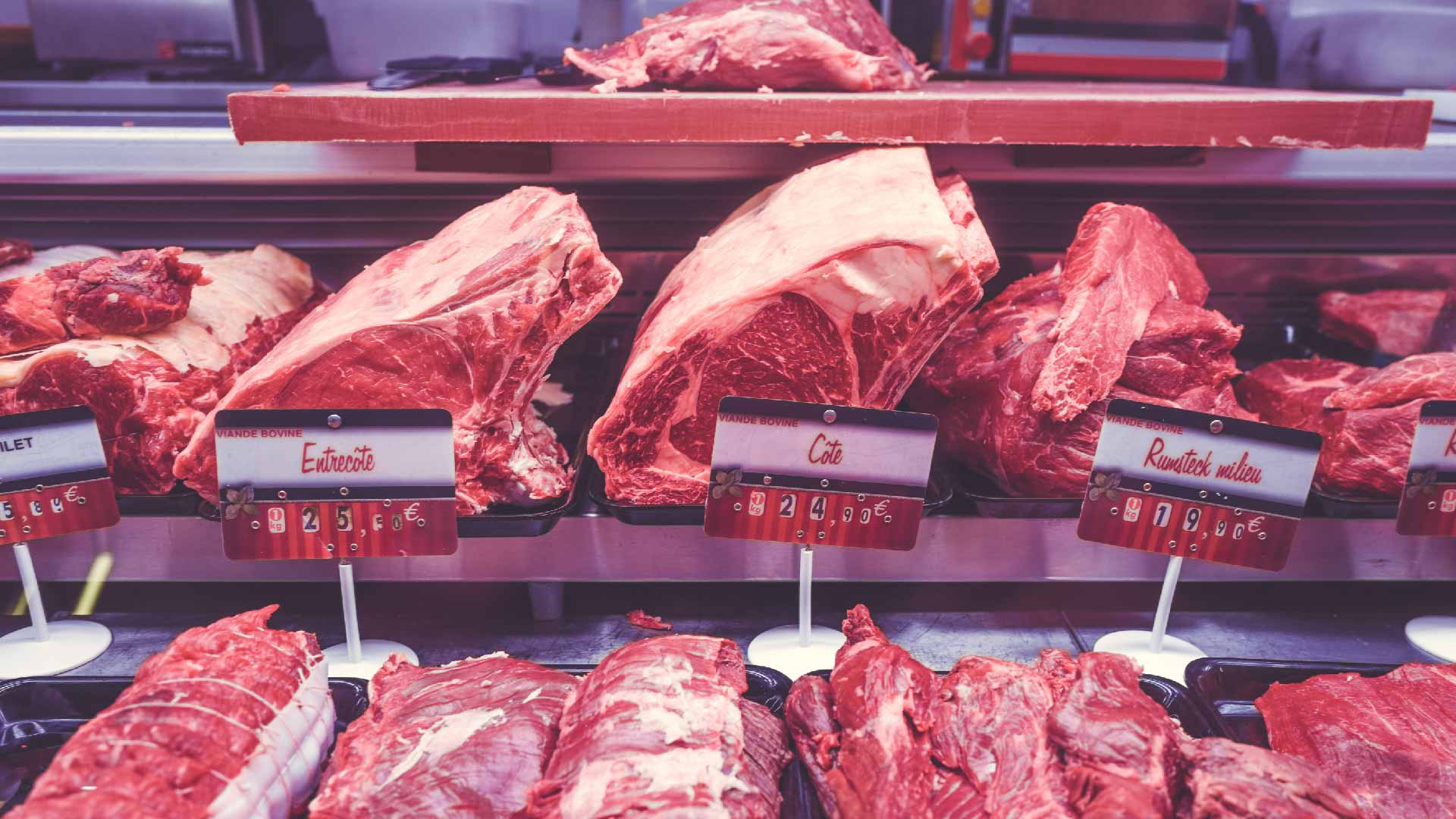A systematic review of research published until June 18th, 2020 suggests that people who consume meat, on average experience lower levels of depression and anxiety.
It is estimated that 5% of Americans, 8% of Canadians, and 4.3% of Germans follow a vegetarian diet. A majority of Euro-Americans cite concerns about the impact of meat consumption and meat farming on the environment and animal welfare as reasons for their vegetarianism. Vegetarians in India, on the other hand, where they constitute 30% of the population, largely cite the ethic of purity or religious beliefs. Vegetarians who are not motivated by ethical, environmental, or purity concerns are instead motivated by the purported health-benefits of vegetarianism.
A recent meta-analysis by Urska Dobersek et al. examined the connection between meat consumption and two psychopathologies – depression and anxiety. The connection between vegetarianism and mental health is a controversial issue in health science, with studies reporting both beneficial and detrimental effects of meat abstention. However, vegetarianism and veganism have steadily grown more popular as “healthier” lifestyles.
Researchers examined 20 papers published from 2001 to 2020, to examine differences in depression and anxiety between meat abstainers and meat consumers. The findings from 17 cross-sectional studies, 2 mixed cross-sectional and longitudinal studies, and 1 randomized controlled trial were used. According to researchers, studies included in the meta-analysis were selected for methodologic rigor (“design, sampling and recruitment, specification and analysis of outcome, and interpretation and communication of results”) and whittled down from a pool of nearly 7354 potentially relevant studies.
Researchers found a significant association between meat consumption/abstention and the incidence of depression and anxiety, with individuals who consumed meat having lower average depression and anxiety levels than meat abstainers. Crucially, they found that the difference in depression and anxiety levels was greater in high-quality studies compared to low-quality studies.
“Compared to vegans, meat consumers experienced both lower depression (g = 0.26, 95% CI [0.01 to 0.51], p = .041) and anxiety (g = 0.15, 95% CI [-0.40 to 0.69], p = .598). Sex did not modify these relations.”
Researchers attribute contradictory findings in studies and systematic reviews to the use of unreliable assessment protocols. For instance, they found that low quality research may use self-reported measures as opposed to measures of psychopathology based on DSM (Diagnostic and Statistical Manual of Mental Disorders), ask participants to recall their diets instead of tracking it in real time, or recruit (biased) samples from vegan and vegetarian websites, social-networking groups, communities, and restaurants.
Researchers, however, caution against imputing causal relationships between meat consumption/abstention and depression or anxiety (the data was insufficient to investigate causal relationships). Read the meta-analysis by Urska Dobersek, Kelsey Teel, Sydney Altmeyer, Joshua Adkins, Gabrielle Wy and Jackson Peak here.







